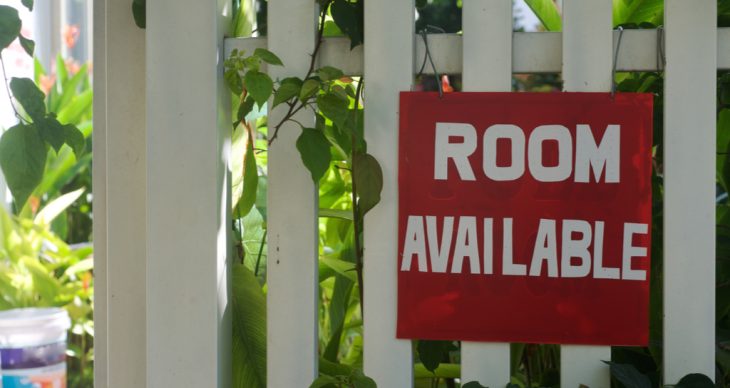Get Useful Tips for Saving Money as a Homeowner
When you own a home, your mortgage isn’t your only expense. You also have to pay for property insurance, taxes, utilities, regular maintenance, unexpected repairs and more.
It’s no wonder that homeowners are always on the lookout for new ways to keep some extra money in their back accounts at the end of the month. Read on for a few tips that may help you do just that.
For many homeowners, the idea of renting out a room in their home brings discomfort. It may be hard for them to picture living with a stranger, or they may feel uncomfortable with the idea of becoming a landlord.
However, if you have an unused room in the house or even an empty finished basement, you could be missing out on a huge earning opportunity if you refuse to even consider renting it out.
Plus, no matter what your situation is, there are steps you can take when renting out a part of your home to ensure that you’re protecting yourself and choosing the right tenant.
Here are some tips to help you make sure your renting process goes smoothly:
- Figure out the renting rules where you live. First, you’ll want to double-check that you can legally rent out a room in your house by looking up the county and city laws where you live. Don’t forget to look up your homeowner’s association guidelines.
- Interview potential renters carefully. Ask renters to fill out a questionnaire with their applications. Since you will be living with your tenant, you may want to ask about their routines, habits, etc. Keep in mind that federal and local discrimination laws still apply when choosing a roommate (with some exceptions).
- Ask for references. This is extremely important when selecting a roommate, since many people interview deceptively well. Where legal, you may also consider running a criminal background check.
- Create a detailed lease agreement. Make sure all rent and security deposit payments are listed clearly, as well as damages the tenant may be charged for. Include clear contingencies for different scenarios, such as breaking the lease early, so that both you and the tenant know what is expected of each party.
- Don’t forget about taxes! The income you make as a landlord is taxable, so be sure to keep receipts and invoices for any deductible expenses you have (such as replacements and repairs).
By Admin –
